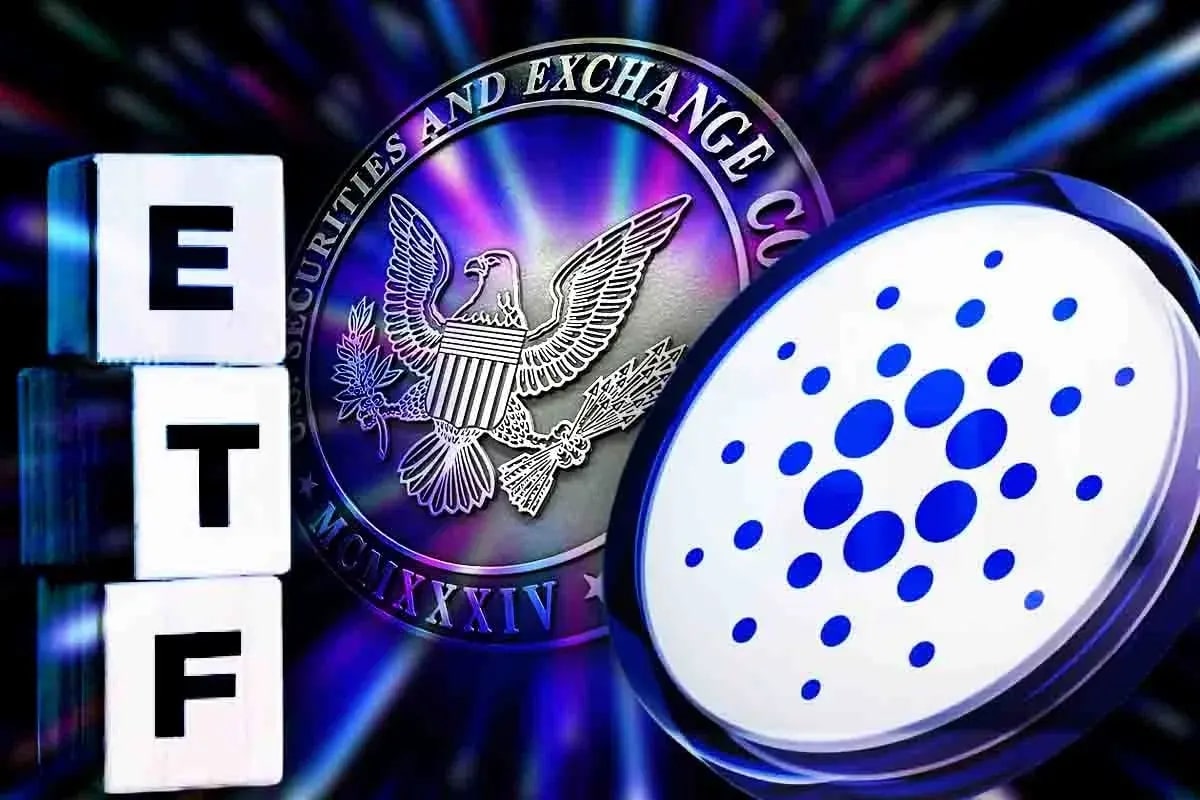Regulatory Delays and Future Prospects for Cryptocurrency ETFs in the U.S.
Essential Highlights:
- The U.S. Securities and Exchange Commission (SEC) has officially delayed its decision on Grayscale’s proposals for Avalanche (AVAX) and Cardano (ADA) exchange-traded funds (ETFs).
- The agency cited the necessity for additional review time to thoroughly assess the proposals’ feasibility and compliance.
- Extended periods for public commentary and rebuttal submissions have been announced, with final rulings anticipated within the next year.
- This move underscores ongoing regulatory caution towards crypto ETFs beyond Bitcoin-based products.
Grayscale’s Strategic Push into Altcoin ETFs
As one of the leading firms in digital asset management, Grayscale has been actively diversifying its ETF offerings by proposing new funds focused on specific cryptocurrencies. After the successful approval of several Bitcoin spot ETFs earlier this year, the company has shifted its attention to prominent layer-1 blockchain projects such as Avalanche (AVAX) and Cardano (ADA).
The proposed ETFs aim to be listed on the Nasdaq, providing investors with exposure to AVAX and ADA without the need to directly purchase or manage the underlying tokens. This approach is particularly appealing to institutional investors seeking regulatory clarity and operational simplicity within traditional financial frameworks.

SEC’s Recent Postponement of ETF Decisions
On May 29, 2025, the SEC announced it would extend its review period for Grayscale’s ETF applications. The agency explained that additional time was necessary to carefully evaluate the proposals, consider market conditions, and gather public feedback before reaching a final verdict.

The new review process includes:
- Public comment period closing 21 days after the official publication in the Federal Register.
- A subsequent rebuttal window of 35 days for additional responses.
This delay exemplifies the SEC’s cautious approach to approving crypto-based exchange-traded products, a stance characterized by rigorous scrutiny and regulatory oversight.
Underlying Reasons for Regulatory Hesitation
The SEC’s reluctance to approve altcoin ETFs stems from multiple concerns. Chief among these are the risks of market manipulation within the less regulated cryptocurrency markets and the challenges in accurately valuing these digital assets. Additionally, ongoing uncertainties regarding the legal classification of various cryptocurrencies under U.S. securities laws contribute to the cautious stance.
Until these issues are addressed, regulators are likely to continue delaying or rejecting proposals for ETFs based on cryptocurrencies other than Bitcoin.
Market Impact of the Regulatory Delay
The announcement of delays has had a subtle but noticeable effect on the crypto market sentiment:
- Minor fluctuations in AVAX and ADA prices reflected investor caution following the SEC’s announcement.
- Market participants had largely anticipated such delays, given the SEC’s historical approach to crypto ETFs.
- Institutional investors remain on the sidelines, awaiting clearer regulatory guidance before increasing exposure to altcoin-backed ETFs.
While no significant sell-offs occurred, the delay reinforces the prevailing uncertainty surrounding the regulatory landscape for crypto investments in the U.S.
Next Steps for Grayscale and Industry Outlook
Grayscale faces an extended period of waiting as it seeks to address SEC concerns through additional filings and public consultations. The company’s focus will likely include:
- Enhancing custody and security measures for digital assets.
- Implementing robust market surveillance systems to prevent manipulation.
- Establishing transparent and reliable asset valuation methods.
Successfully resolving these issues could be pivotal for gaining approval later this year or early 2026, setting a precedent for future altcoin ETFs.
Broader Regulatory Context and Global Comparisons
The SEC’s decision to delay Grayscale’s ADA and AVAX ETFs reflects a broader pattern of cautious regulation in the U.S. cryptocurrency sector. Historically, Bitcoin ETFs faced years of regulatory hurdles before approval, often involving court interventions. The future of Ether ETFs remains uncertain, with ongoing debates and regulatory reviews.
In contrast, markets like Hong Kong, Canada, and parts of Europe have already launched multi-asset and single-cryptocurrency ETFs, attracting significant capital and demonstrating a more permissive regulatory environment.
Additional Information: The SEC has recently issued guidance concerning proof-of-work mining and its classification under securities law, indicating ongoing regulatory evolution in the crypto space.

